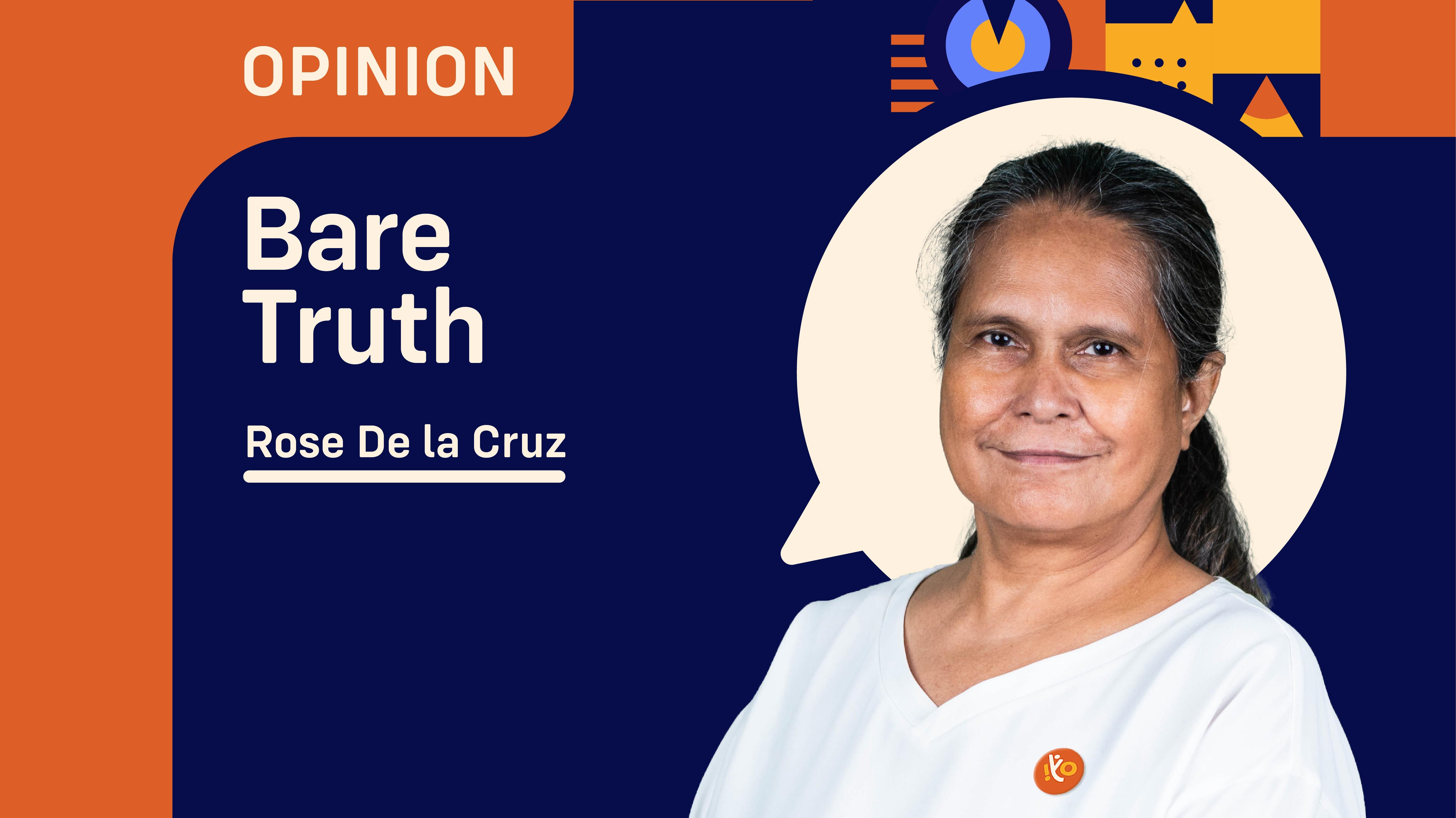Under Governor Felipe Medalla, the Bangko Sentral ng Pilipinas has been proving itself sensitive to the small depositors and making good on its vision of inclusion of poor Filipinos who simply cannot afford all the charges and numerous requirements on deposits, transfers and savings imposed by private banks, nay even state banks.
Even as the BSP encourages people to go more digital in their transactions using epayments, e fund transfers and the likes, the banks themselves have been a source of discouragement when their systems are always offline, they impose a requirement of updating PIN (personal identification numbers) every three months, or being offline in their Atm (automated tellering machines) and slapping fees and administrative charges on small fund transfers like a thousand or less. With such charges, the actual payment or transfer being made becomes too costly especially for the low income classes. So where is our digitization going?
I am so glad that BSP Governor Felipe Medalla asked on Monday the banks to remove transaction fees to fasttrack efforts to promote inclusive digital finance to benefit poor Filipinos.
He made this in his speech at the annual reception for the banking community last Friday, when he said that a transaction fee worth P15 may still be high, especially for the poo. You are completely right and compassionate, Gov.
He said the banking community and the government may be able to “find a cost-sharing system” that will exclude small payments from fees.
“And one way to make it more inclusive, and I’m sure we can work together to achieve it, is if small transactions… will be free of charge so that the poor can also use digital payments. Because if the transaction is small and the fee is P15—it’s quite large relative to the transaction,” Medalla said.
Medalla said this is worth pursuing, if transactions are below a certain number or around three transactions per day.
“There is a way of sharing costs. I promise you, the central bank, will be in a greater hurry to cut reserve requirements so you can afford to give those [concessions],” Medalla said by way of stressing his pitch.
Efforts to further digitalization, Medalla said, are under way. InstaPay and PESONet are “great successes” and more people are now using QRs to make payments.
Last week, the BSP launched the use of Paleng-QR Ph Plus in Lapu-Lapu City to allow market vendors there to accept digital payments from their customers.
The Paleng-QR Ph Plus is a nationwide initiative that promotes digital payments in public markets, transportation hubs, and other business establishments.
“We have done great work there (digitalization). The share of digital transactions in total payments has been growing steadily. But we should not sit on our laurels. We should achieve more, and we must make digitalization more inclusive,” he said.
Focus on cybersecurity
Medalla also assured the public that the BSP is boosting its cybersecurity to address emerging risks and maintain public trust in the digital financial ecosystem.
He said this is why it is important to address complaints very quickly in case there are unpleasant events that get reported. Part of the BSP’s efforts is the cybersecurity awareness campaign dubbed Check, Protect, and Report (CPR).
The BSP recently partnered with the BAP and the Bank Marketing Association of the Philippines (BMAP) to fight cybercrime through the CPR information drive to foster cyber hygiene among Filipinos.
The “Check” is about being careful when sharing information as legitimate banks and financial institutions (FIs) will only ask for personal data when they are contacted by their clients.
The World Economic Forum (WEF) said over 93 percent of cybersecurity experts and 86 percent of business leaders believe “a far-reaching, catastrophic cyber event is likely in the next two years” and there is a critical skills gap that is threatening societies and key infrastructure.
The report highlighted the need to address the shortage of talent and skilled experts. Some 34 percent of cybersecurity experts said they lacked some skills in their team, with 14 percent saying they lacked critical skills.
WEF said the problem is more pronounced in key sectors such as energy utilities, where nearly 25 percent of cybersecurity experts said they lacked the necessary critical skills to protect their organizations’ operations.
BSP is contemplating to reduce the reserve requirement ratio for banks, as part of its efforts to promote financial inclusion and encourage digital payments.
This move is aimed at motivating financial institutions to forego fees or charges for small value digital transactions.
Medalla, has expressed the central bank’s willingness to work alongside the industry to find ways to eliminate fees on small-value fund transfers and incentivize more Filipinos to use digital payments.
He further pointed out that if the fee charged is P15 for a P200 transaction, then the fee is relatively high compared to the amount being sent.
Medalla said the BSP is prepared to collaborate with banks and payment system operators to explore a cost-sharing system that excludes small transactions from such fees.
To this end, the BSP may even consider cutting the reserve requirement to allow banks to make these concessions.
Medalla emphasized that the goal is to create a financial system that includes everyone, particularly those at the margins.
These measures are part of a broader effort to encourage digital payments and increase financial inclusion in the country.
